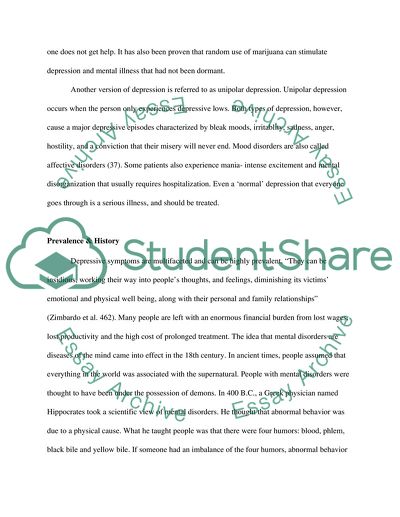Cite this document
(The Nature of Depression Term Paper Example | Topics and Well Written Essays - 2250 words, n.d.)
The Nature of Depression Term Paper Example | Topics and Well Written Essays - 2250 words. Retrieved from https://studentshare.org/psychology/1737999-depression
The Nature of Depression Term Paper Example | Topics and Well Written Essays - 2250 words. Retrieved from https://studentshare.org/psychology/1737999-depression
(The Nature of Depression Term Paper Example | Topics and Well Written Essays - 2250 Words)
The Nature of Depression Term Paper Example | Topics and Well Written Essays - 2250 Words. https://studentshare.org/psychology/1737999-depression.
The Nature of Depression Term Paper Example | Topics and Well Written Essays - 2250 Words. https://studentshare.org/psychology/1737999-depression.
“The Nature of Depression Term Paper Example | Topics and Well Written Essays - 2250 Words”, n.d. https://studentshare.org/psychology/1737999-depression.


